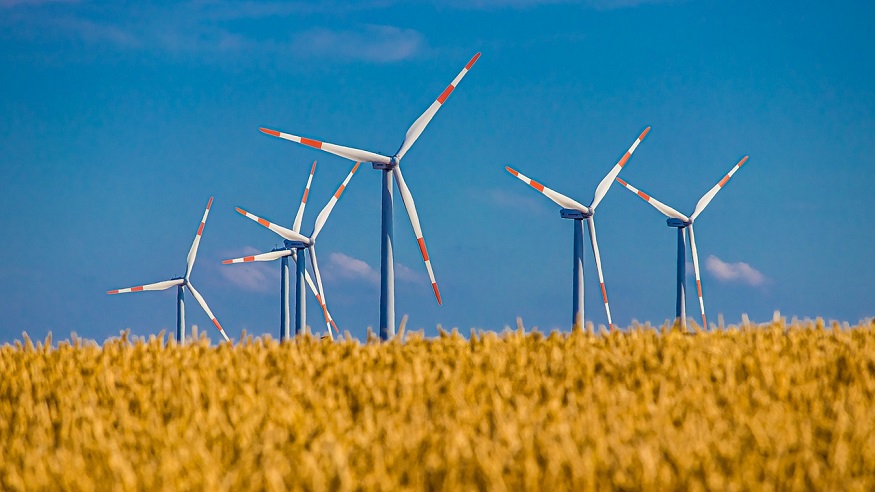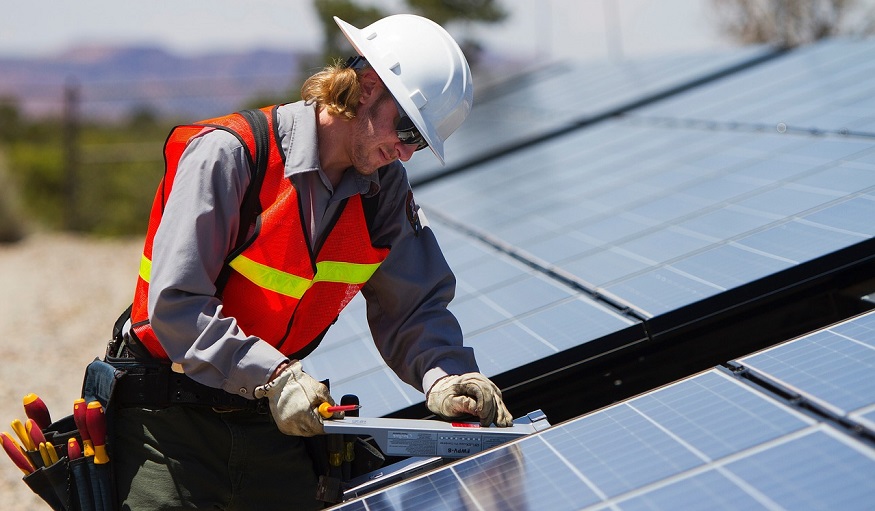
Italian geothermal development could slow for two years due to pandemic impact
August 25, 2020The COVID-19 crisis is having an impact on Italy’s pace for implementing renewable energy.
Geothermal development in Italy was moving forward at a healthy pace before the pandemic struck the country, but it now looks as though progress will slow down over the short term due to COVID-19’s impact.
This prediction was recently published in the Renewable Market Update – Outlook for 2020 and 2021.
That publication was issued by the International Energy Agency (IEA). It stated that: “renewable energy sources have so far shown impressive resilience despite the blockages and changes caused by the coronavirus pandemic, with their share of the electricity mix increasing in many markets. But the world is set to add 167 GW of renewable energy capacity this year, 13% less than in 2019.”
The slowdown in the Italian geothermal development is the result of construction activity delays from supply chain blockages, disruptions and physical distancing measures. There have also been challenges in emergency funding.
These types of geothermal development challenges will need to be dealt with in more than just Italy.
These challenges are likely to be faced in many different markets due to the impact of the pandemic. In this light, the IEA pointed out that lats year the new global installed geothermal capacity reached 0.8 GW. That was “the highest level ever recorded.” It underscored the rising interest in using this type of renewable energy. Certain countries in particular, such as Turkey, Indonesia, and Kenya, were contributors to the rising capacity worldwide.
The IEA expects that those three countries will continue to remain leaders in the 2020-2021 growth of this renewable energy. However, even in those areas, questions have been raised regarding the way growth will progress within that two-year span.
“In Turkey and other countries, the Covid-19 crisis is causing delays in the development of plants due to delays in the strategic decisions necessary for the continuation of the projects and the interruption of the global supply chain of machinery. and materials. In Turkey, unless the current support mechanisms planned for the end of the year are extended, the overdue  projects that initially should have been operational by the end of 2020 may face financial challenges,” said the IEA geothermal development publication.
projects that initially should have been operational by the end of 2020 may face financial challenges,” said the IEA geothermal development publication.



 With over 15 years of reporting hydrogen news, we are your premier source for the latest updates and insights in hydrogen and renewable energy.
With over 15 years of reporting hydrogen news, we are your premier source for the latest updates and insights in hydrogen and renewable energy.